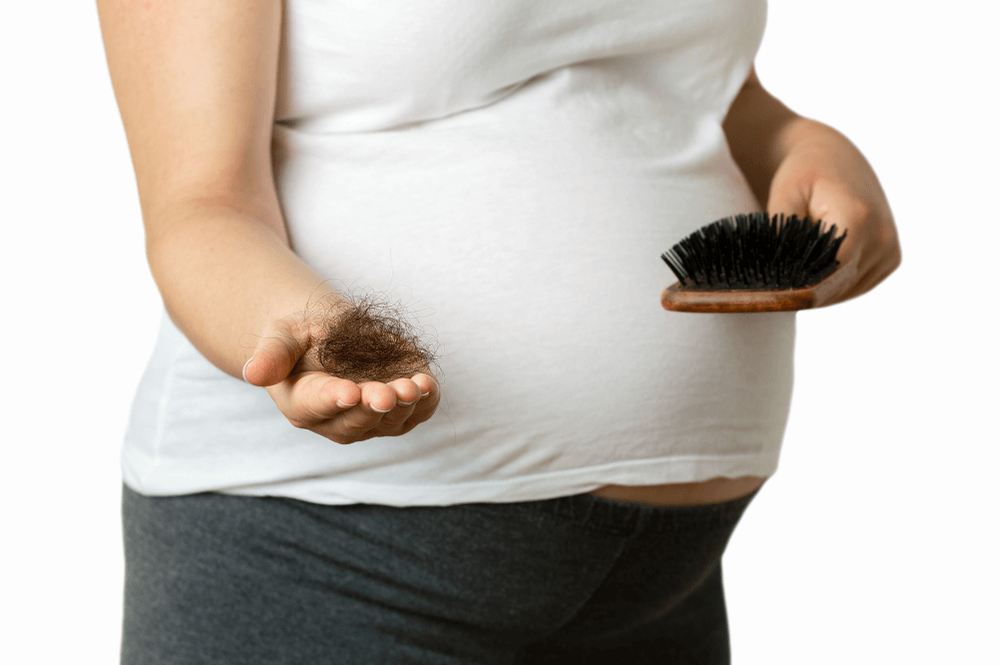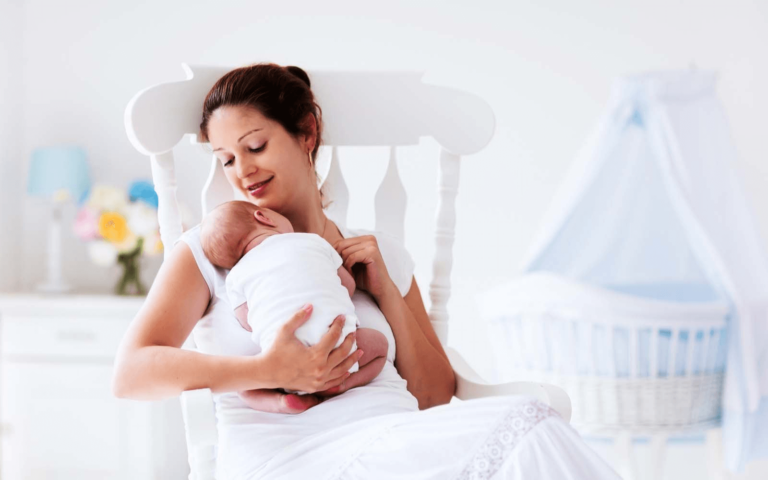Understanding Hair Loss During Pregnancy

Pregnancy affects each woman differently, and one area that may change is your hair. Many women experience some hair loss during pregnancy, but fortunately, this loss is usually mild and often goes unnoticed.
How Hair Grows
To understand hair loss during pregnancy, it’s helpful to know how hair growth works. At any given time, about 90% of your hair is in a growth phase, while the remaining 10% is resting. Every two to three months, the resting hair falls out, allowing new hair to grow in its place.
Hair Loss and Pregnancy
Hair loss during pregnancy is generally not a cause for concern. The most common issue related to hair and pregnancy is a condition called “telogen effluvium,” which involves excessive shedding of hair. This typically occurs between one and five months after giving birth. Nearly half of all women experience some hair loss during this postpartum period.
Causes of Hair Loss During Pregnancy
During pregnancy, a higher than usual percentage of your hair may enter the resting phase of the growth cycle. This increased resting phase does not usually lead to noticeable bald spots or long-term hair loss. By the third or fourth month after delivery, most women’s hair returns to its normal growth pattern or is on its way to doing so.
Also read: The Importance Of Calcium During Pregnancy
Other Factors Influencing Hair Loss
Hair loss during pregnancy is not the only concern. Hormonal changes can also cause hair loss in other situations:
- Discontinuing Birth Control Pills: Stopping birth control pills can cause a temporary hormonal dip, leading to hair loss.
- Miscarriage: A miscarriage can also trigger hormonal changes that may result in hair loss.
- Hormonal Imbalance: Some women naturally have hormonal imbalances that cause hair loss, unrelated to pregnancy.
Managing Hair Loss
While hair loss during pregnancy and the postpartum period is usually temporary, there are steps you can take to manage it:
- Maintain a Healthy Diet: Eating a balanced diet rich in vitamins and minerals can support hair health.
- Gentle Hair Care: Use gentle hair care practices, avoiding excessive brushing or styling that can cause breakage.
- Consult Your Doctor: If hair loss seems severe or you have concerns, consult your healthcare provider. They can check for underlying issues such as thyroid problems or nutritional deficiencies.
Understanding that hair loss during pregnancy is typically temporary and manageable can help ease any concerns you may have. Most women find that their hair returns to normal within a few months after childbirth.
Conclusion
Pregnancy brings numerous changes to your body, and hair loss is a common, usually temporary, issue. By understanding the causes and knowing how to manage it, you can navigate this change with confidence. If you have ongoing concerns, your healthcare provider can offer additional guidance and support.
Also read: Will My Appetite Change During Pregnancy?






